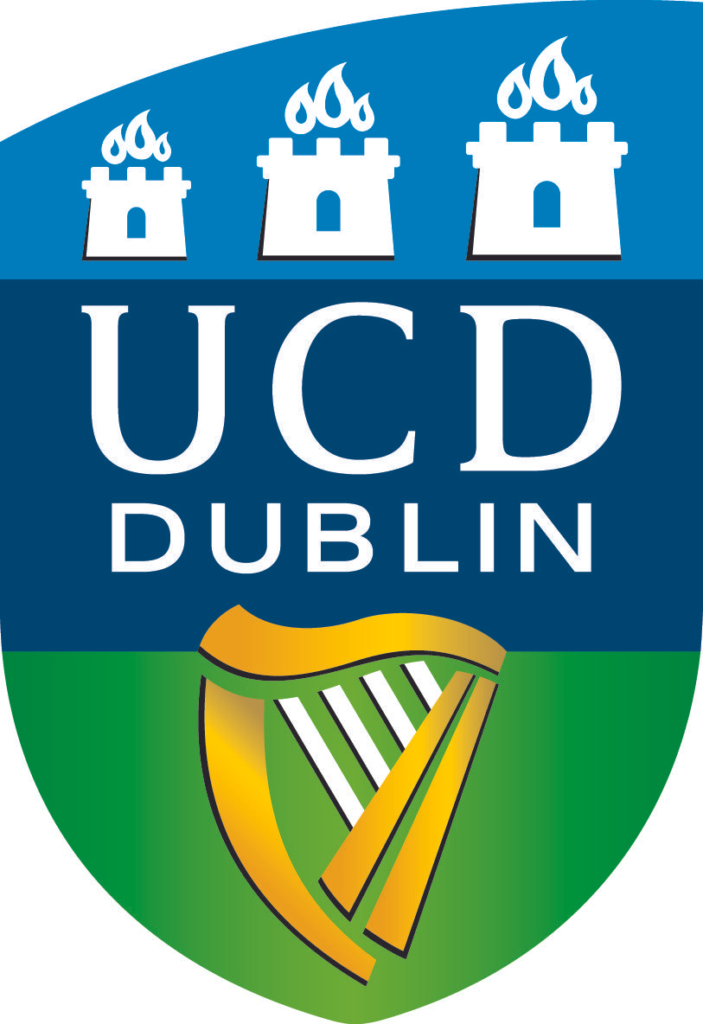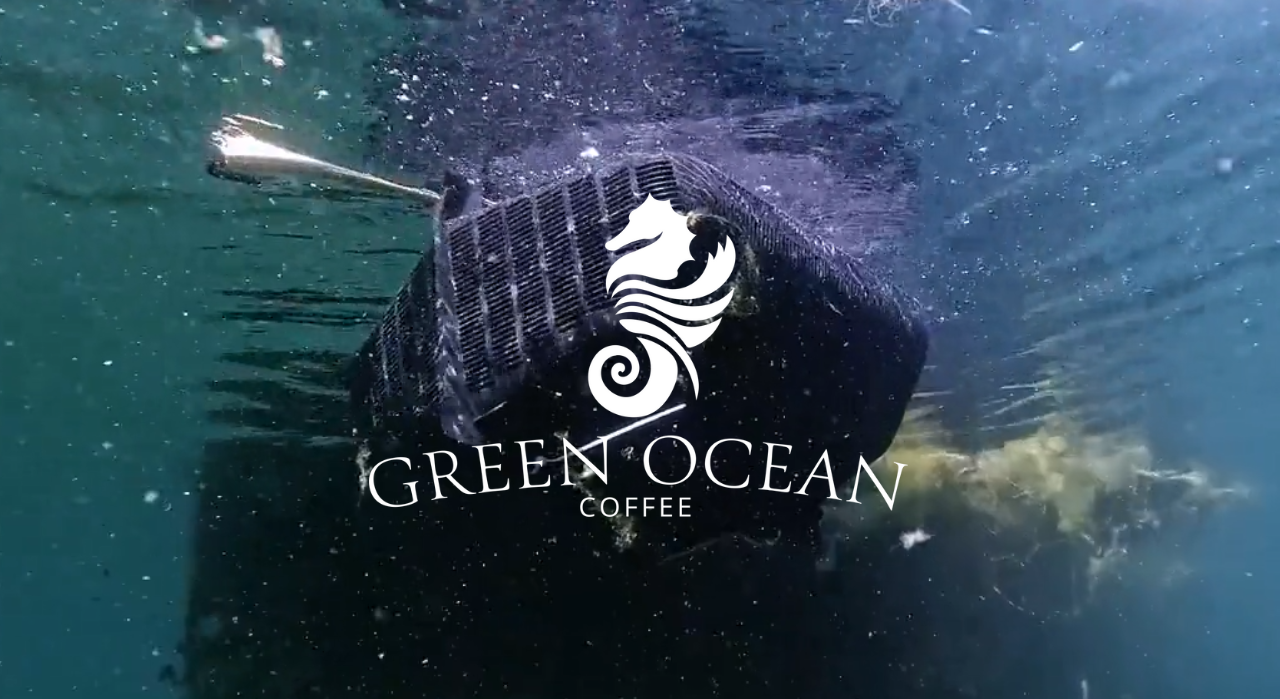We are thrilled to announce that we have completed the first phase of our project to re-introduce the native Irish oyster back into Dublin Bay after an absence of almost 200 years. On Monday 20 November we placed just under 600 oysters into ‘Oyster Garden’ baskets in Dun Laoghaire, Poolbeg and Malahide marinas. This was an historic day and it’s an important milestone in this ambitious project to improve water quality, biodiversity, reduce coastal erosion using native Irish oysters as a nature-based solution to combat the impact of climate change.
The objective of this project is to establish an oyster brood stock in Dublin Bay so that the stock of oysters will naturally expand and regenerate forming reefs in the environs of the Bay. Oysters are a keystone species in terms of promoting habitat biodiversity and stabilising the sea floor to allow sea grass and other sea weeds to propagate. This in turn provides an excellent environment for fish and other marine life to spawn and seek shelter.
Each Oyster filters approximately190 litres of sea water a day feeding on algae, plankton and nutrients in the water which helps to clean the water allowing sun light to penetrate the seafloor which in turn fosters the propagation of seagrass and seaweeds. Seagrass is a powerful carbon sink as it sequesters atmospheric carbon dioxide at a rate of 35 times faster than an equivalent area of tropical rainforest.
This project, which we are running with UCD Marine Science Department, has only been possible with the co-operation of the marina operators, Dun Laoghaire Marina, Malahide Marina and Poolbeg Marina as well as the local councils of Dun Laoghaire Rathdown, Fingal and Dublin City Council.
We have had a lot of encouragement and advice from many different stakeholders including Tony Legg of Jersey Sea Farms, Bord Iascaigh Mhara, National Parks and Wildlife Service, the Marine Institute and the Department of Agriculture, Food and Marine and the EPA. We are very grateful.
While getting to this stage has been a great milestone, pushing this project to the next level requires the involvement of the wider community of businesses, individuals, and community groups. So, if you would like to be apart of this meaningful action orientated climate action project then please let us know!



